2010: Electronic Service Delivery: The Changing Relationship between Government & Citizens in the Immigration Context
From 2010.
Author: Marie Johnson. “Building a Common Future: Global Challenges, Local Responses.” Published by CAPAM, October 2010
Service Delivery Transformation: Understanding the relationship when customers are not citizens, when operations are global, and when technology is both a policy lever and the mechanism for service delivery innovation
This paper was presented at the 2010 Malta meeting of the Commonwealth Association for Public Administration (CAPAM) which had as its theme: ‘Building a Common Future: Global Challenges, Local Responses.’ October 2010, Malta. This was a case study of the digital client services transformation at the then Australian Government Department of Immigration and Citizenship (DIAC).
2010 marked the commencement of a far-reaching transformation of the DIAC to a technologically sophisticated and globally integrated, risk-tiered electronic operation encompassing networks of government and non-government service delivery providers.
Can you imagine a future, where a government client poses a question about what to do and where to go – not knowing or needing to know that the question potentially involved multiple levels of government and contracted or private service delivery partners?
Can you imagine the client posing such a question in their own language, and for that question to be seen in other languages and responses made back in the clients own language or in any language?
CAPAM’s mission is to promote the practical requirements of good governance, just and honest government across the Commonwealth countries and beyond. CAPAM provides a forum for the active exchange of innovations, knowledge and practice in citizen-centred service delivery, leadership development and growth, and public service management and renewal. CAPAM represents an international network of 53 different countries across the Commonwealth with a total population of 2 billion people. The association is guided by international leaders that believe in the value of networking and knowledge exchange and the promotion of good governance for the betterment of citizens across the Commonwealth.


